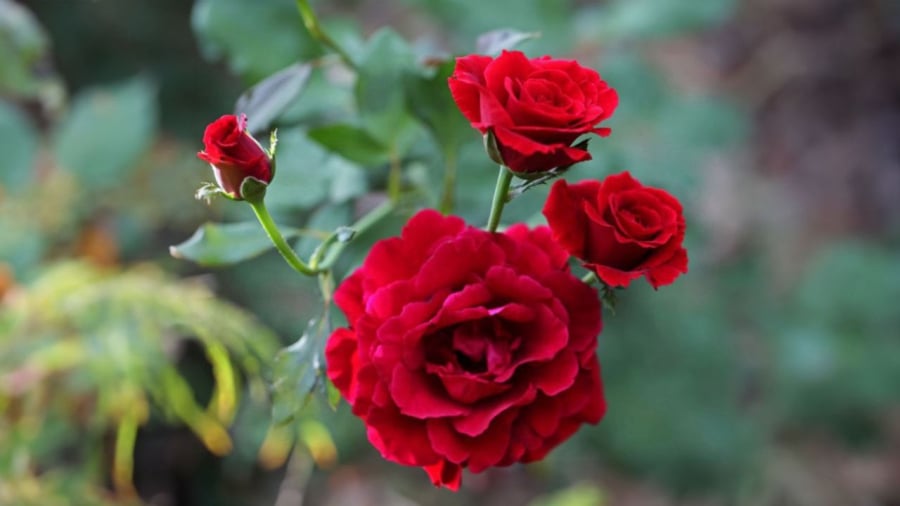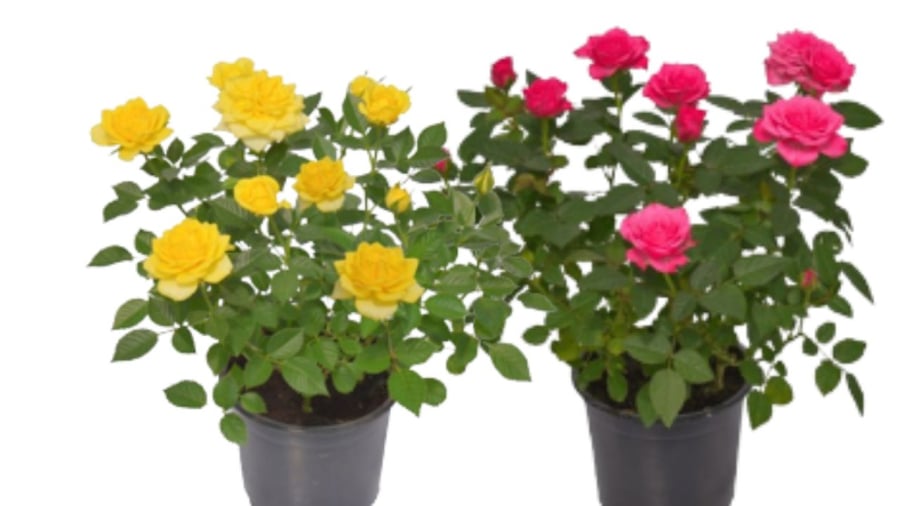Growing roses is a beloved pastime for many gardeners. While roses are beautiful, they can be finicky to cultivate. However, with the right knowledge, anyone can become a master rose gardener. Read on to discover some unusual but effective tips to help your roses thrive without requiring advanced gardening techniques.
Sugar and MSG: A Rose’s Best Friend
You might be surprised to learn that roses relish sugar and MSG. Occasionally, you can treat your roses to a watering of diluted sugar or MSG. However, it’s crucial to remember that the solution must be extremely dilute, with a ratio of 1:500. Sugar and MSG provide an energy boost for roses and promote stronger roots. This, in turn, leads to larger, more vibrant blooms that last longer.
It’s important not to overdo it, though. Limit this treatment to once or twice a month. With this simple trick, your roses will be better equipped to withstand harsh weather conditions and thrive.

Roses Adore Sugar and MSG
Egg Water and Shells: A Calcium Boost
After boiling eggs, let the water cool down and use it to water your roses instead of plain water. Roses crave calcium, and egg water is a great way to provide it. Don’t discard the eggshells, either. Crush them and sprinkle them around the base of your rose bush. Eggshells are a sought-after garden supplement, so take advantage of this free, natural resource.
Coffee and Tea: A Refreshing Brew
Used coffee grounds and tea leaves can also benefit your roses. You can use them directly as a mulch or create a fermented coffee ground mixture. If you have leftover brewed coffee or tea, dilute it and water your roses with it.

Coffee: A Rose’s Best Brew
Fish Tank Water: A Nutrient-Rich Treat
When it’s time to change the water in your fish tank, use the old water to hydrate your roses. The water contains nutrients from fish waste, providing an unexpected but beneficial treat for your roses.
Rice Water: A Vitamin-Rich Alternative to Fertilizer
Rice water is packed with vitamins and minerals, making it an ideal alternative to organic fertilizer for your roses. Give it a try and watch your roses flourish.
Soy Milk and Soybean Residue: A Nutritious Boost
If you have leftover soy milk, don’t throw it out. Use it to water your roses instead. If you make soy milk at home, utilize the soybean residue and soaking water to nourish your rose bush.
“The Secret to a Blooming Rose Garden: Feed Your Plants This Kitchen Staple”
“Planting roses in front of your house is a beloved pastime for many, but why do their gardens thrive while yours struggles? It’s time to unlock the secrets behind a vibrant rose garden and transform your home into a blossoming paradise. Imagine the scent of fresh roses filling the air as you step out into a burst of color, all thanks to your green thumb. It’s time to take your gardening skills to the next level and become the envy of the neighborhood. Stay tuned as we reveal the tips and tricks that will make your rose garden the talk of the town.”



































